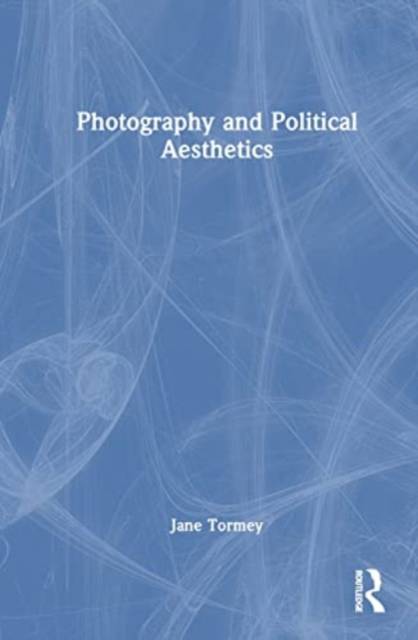
- Retrait gratuit dans votre magasin Club
- 7.000.000 titres dans notre catalogue
- Payer en toute sécurité
- Toujours un magasin près de chez vous
- Retrait gratuit dans votre magasin Club
- 7.000.0000 titres dans notre catalogue
- Payer en toute sécurité
- Toujours un magasin près de chez vous
Description
This accessible book explores the creative uses of photography with political purpose, both in terms of subject matter and of the political perspectives that have driven attitudes to viewing photographs.
The shorter Part I reviews twentieth-century thinking that has influenced attitudes to photography and the political. Part II identifies the political ideas that drive practical strategies in the twenty-first century. It considers the politics of photography by looking at what affects people's lives and agency: attitudes to difference and identity; power relations between institutions, individuals, and communities; the impact of trauma and global change. With a focus on the exchange of ideas between visual practice and theories, a selection of projects are examined from a range of perspectives, such as post-colonial and feminist thinking, post-humanism, and cultural and social theory, with references ranging from Michel Foucault and Judith Butler to Achille Mbembe, Bruno Latour, and Chantal Mouffe. The pursuit of 'political aesthetics' borrows from Jacques Rancière's ideas about cultural production. Photography and Political Aesthetics identifies photography as politically productive when positioned within political movements, and champions practices that perform, investigate, or give attention to presentation and public dissemination.
This book is ideally suited to students studying photography, art and aesthetics, visual politics, and cultural studies, and researchers across the fields of photography, media, art, and politics.
Spécifications
Parties prenantes
- Auteur(s) :
- Editeur:
Contenu
- Nombre de pages :
- 222
- Langue:
- Anglais
Caractéristiques
- EAN:
- 9780367609160
- Date de parution :
- 30-11-23
- Format:
- Livre relié
- Format numérique:
- Genaaid
- Dimensions :
- 156 mm x 233 mm
- Poids :
- 609 g

Les avis
Nous publions uniquement les avis qui respectent les conditions requises. Consultez nos conditions pour les avis.






